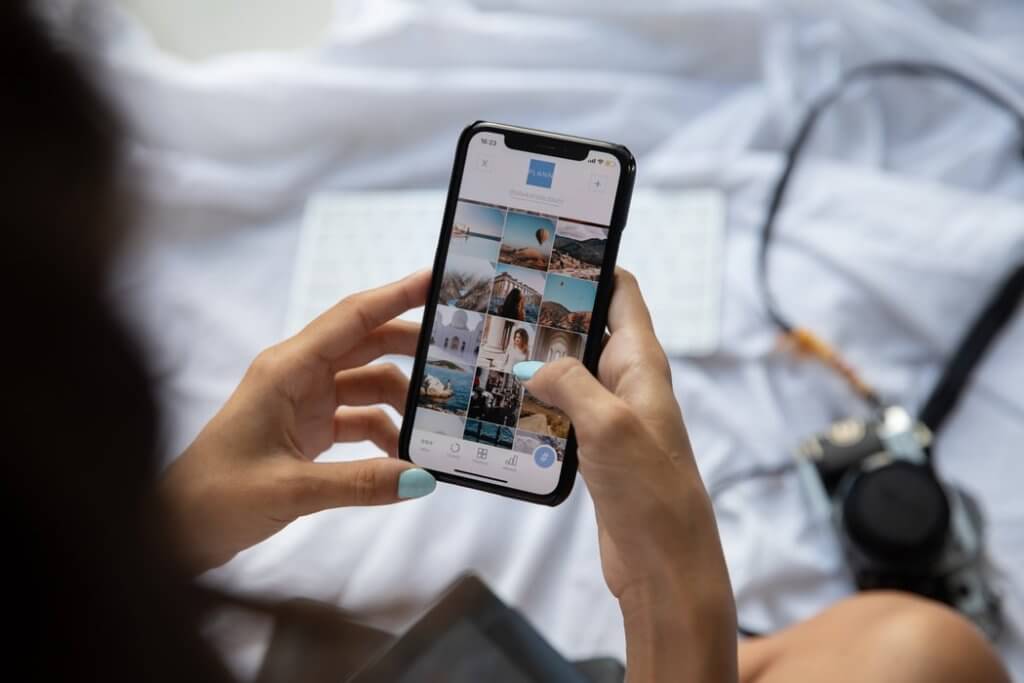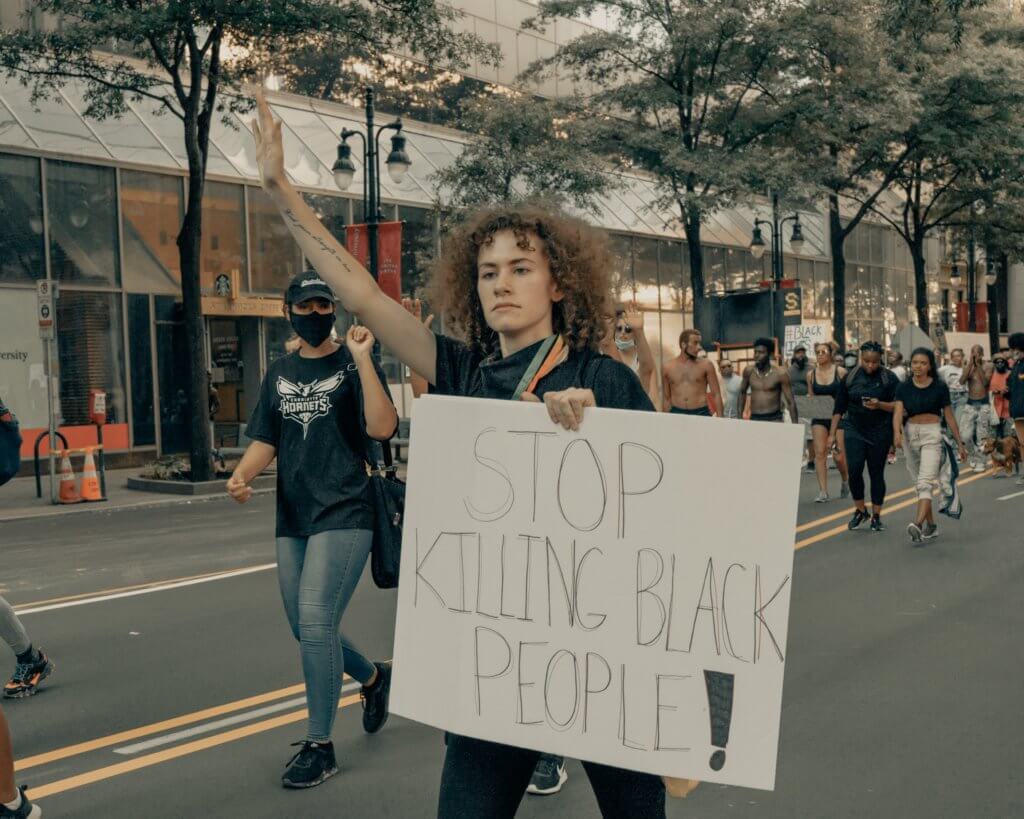6 Social Media Insights On Audiences Unfollowing Brands During The Pandemic

If Billy Joel wanted to write another We Didn’t Start The Fire type song he’d probably have enough headlines from the last five months alone. 2020 has been pretty dramatic and from the pandemic to record unemployment to the George Floyd protests; there’s plenty going on in people’s lives which is causing them to reevaluate […]
5 Social Media Takeaways Around Brands Posting About #BlackLivesMatter

If talking about systemic racism was easy it wouldn’t be so necessary, and unfortunately what the murder of George Floyd illustrated, is that these problems will remain life and death for people of color if they continue to be swept under the rug. For brands, that creates a balancing act. It’s imperative that brands speak […]
